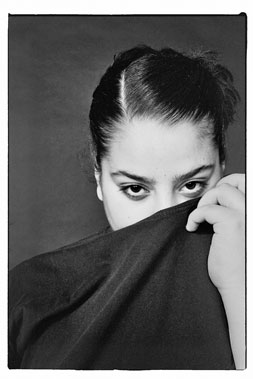 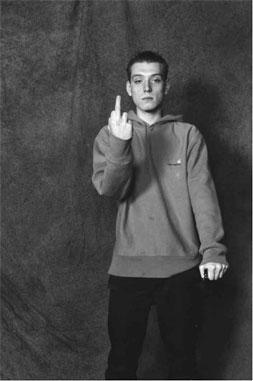 |
Instrumental PhotographyResearch into the possibilities of the medium photography to contribute to emancipatory processes,empowerment and well-being (dissertation Master in Art sciences) Photography is a concept that covers a lot of dimensions. There exist many types of photography. This thesis explores the photography that is used to reinforce emancipatory processes, empowerment and well-being. We have coined this photography the 'Instrumental Photography' because it is used as an instrument, as a medium and not as a purpose on itself. However, it is questionable if photography can be actually used as an effective medium to stimulate empowerment, well-being and emancipatory processes? Three international case studies done in the USA, India and Palestina in which photo projects were used to improve alphabetisation and visual literacy, to stimulate dealing with experienced traumas and to reconstruct the past clarify what is meant by 'Instrumental Photography'. Throughout the history of photography we analyse the different classification systems in order to find a category for Instrumental Photography within the comprehensive medium of photography. In its initial stage photography is mainly catalogued as 'an art' or 'a science' and the term Instrumental Photography is not yet mentioned. It is only as from the end of the twentieth century that the specificity of the medium has been accentuated and this way it has been possible to trace the photography that has been used as an instrument in a photo-analysis model. Ever since, photography has been analysed from different angles, which results in the fact that photography belongs to different disciplines and that it has to do with different disciplines, which may also overlap. We find that Instrumental Photography belongs to the category of the “ethical evaluative photography” because it is inherently connected to ethical reflection. To get to know this type of photography even better we further explore this category and we associate it with other ethical theories: marxism, feminism, multiculturalism, queer and postcolonialism. In this way we reveal the different aspects of ethical photography. Globalisation and the new ways of communication have made the photography of the Majority World visible. We associate this photography with ethical reflections and the PALIC-methodology: Photography-Anthology-Learning-Methodology and International Conflict. This methodology has been used in countries that are or have been involved in an international conflict in order to reconstruct their identity and their past. Photos are used to recall stories and testimonies and in this way the awareness processes are stimulated. This is an instrumental effect. Moreover, this methodology also aims to compose a new history of the world photography with the help of different anthologies of the photography in countries that are in a (post) conflict situation. Up to now the emphasis is mainly based on its history in Europe and North America. The multi- and interdisciplinarity of photography is also strongly reflected in the PALIC-methodology. To conclude we carry out two case studies. We investigate to which degree a photo project about self- esteem can stimulate empowerment among women and we examine the result of similar projects among adolescents dealing with cancer. The results are very encouraging just as in the international case studies discussed above. However, this argumentation is not sufficient because of the limited character of the case studies and because there is no exact tool available to measure an increase in empowerment. The new approach of the medium photography from our investigation forms a basis for further scientific analysis. The way Instrumental Photography is used in different photo projects among the whole world, in the PALIC-methodology and in our case studies confirms that photography is a powerful medium that can be used as an alternative means of communication. We can conclude that due to its specific characteristics, its reference to reality and its paradox photography offers unique possibilities to go back into the past in order to reconstruct both the small history of an individual and of a nation or community, to process, to cherish and to come (or not to come) to peace with the past. In this way Instrumental Photography deals with emancipatory processes, well-being and empowerment and reveals ethical aspects. |
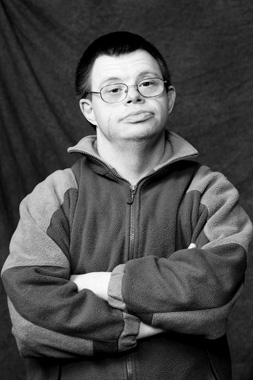 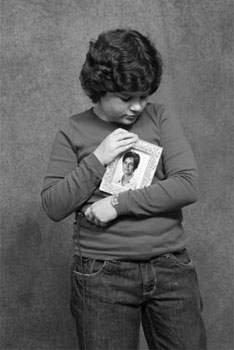 |
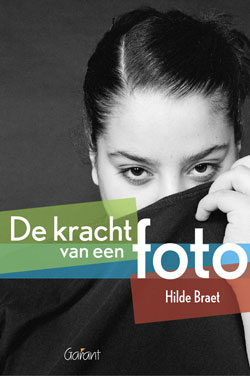 |
|
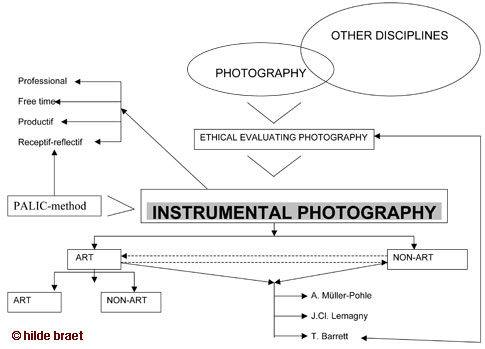 |